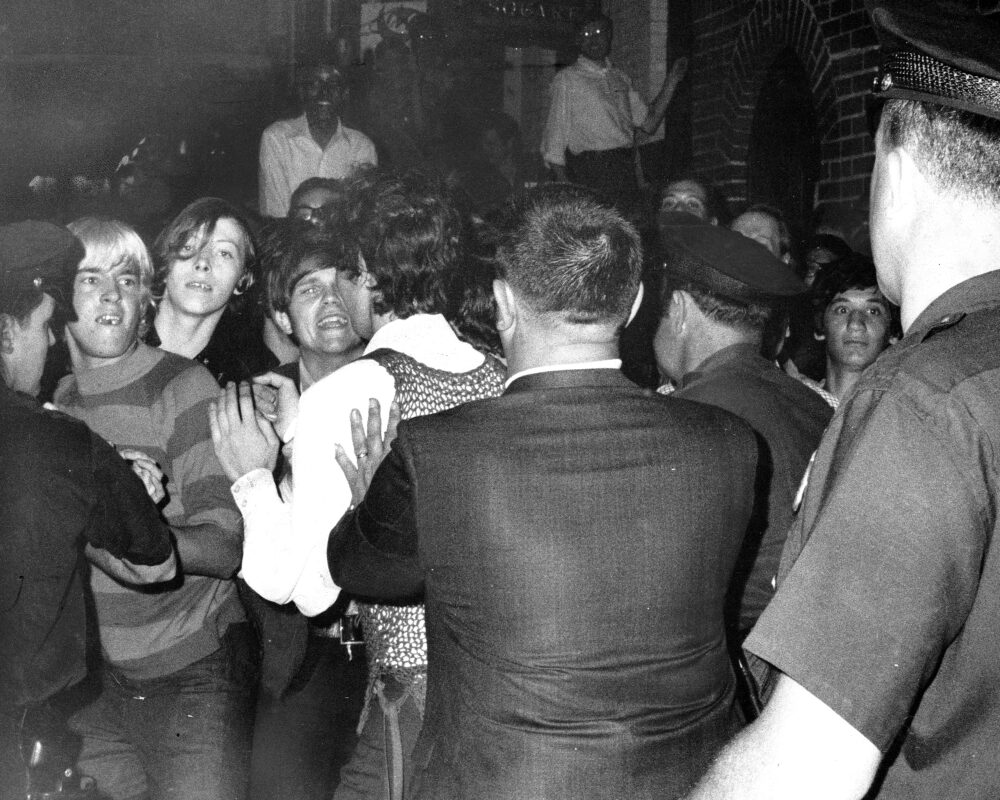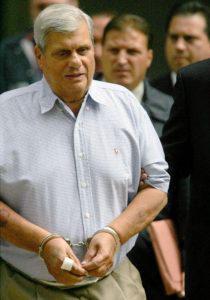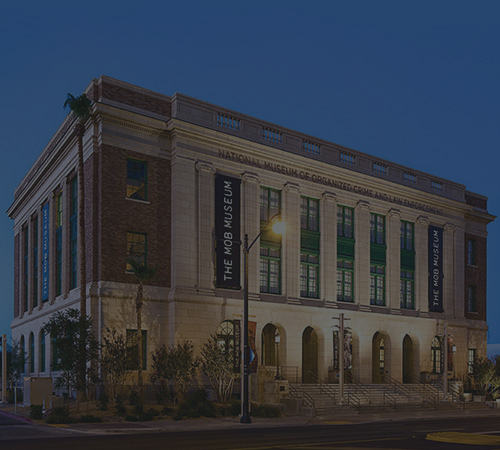The gay rights movement and the Mob
The Stonewall uprising 50 years ago was a rebellion against the Mafia, too

Nearly 50 years ago, on June 28, 1969, LGBT people – led by drag queens – rebelled against a raid by the New York Police Department on the Stonewall Inn gay nightclub. For two nights, gay men and women fought back against the police until they withdrew. “Stonewall” later became seen as perhaps the most important symbolic event in the modern LGBT rights movement.

Less well known is that the turbulent nights of June 28-29, 1969, were very much a rebellion against the Mafia, as well. The Stonewall was secretly owned by Matthew “Matty the Horse” Ianiello, a high-level caporegime (captain) in the Genovese crime family who held hidden interests in a series of gay bars and porn stores in the Greenwich Village and Times Square neighborhoods. Mob-run gay bars were notorious for charging high-prices for lousy, watered-down drinks from bootlegged liquor (“Mafia house beer,” one patron dubbed it.) The Stonewall Inn itself was an unlicensed “bottle club,” often dirty, with no running water behind the bar. Mobbed-up bar owners would periodically let the police run “show raids” to appease the neighbors, and, in the process, sacrifice some of their patrons to humiliating arrests and detentions.
Within days of the Stonewall riots, activists were handing out leaflets in the Village condemning “the Mafia monopoly.” Someone wrote this graffiti on the Stonewall’s boarded-up windows: “GAY PROHIBITION CORUPT$ COP$ FEED$ MAFIA.”
The Mob’s role in gay bars continued well into the 1970s and beyond in some places. LBGT people continued to brave societal repression and organized crime. A new generation of honest gay bar owners had to venture into this uncertain territory wary not only of continuing discrimination by society, but of lingering mobsters in the business.
Join us Thursday, June 27 for Museum program Stonewall and the Mob: The 50th Anniversary of the Gay Rights Movement. Click here to RSVP.
For decades, mainstream Mob histories omitted the Mafia’s involvement with gay bars. The Mob, of course, did not like to talk about any of its rackets, but especially those connected to the gay bar scene. The Mafia should also never be mistaken for a gay rights organization; it was in it for the money. (Though some mobsters also engaged in same-sex activity).
Some gay activists later tended to shy away from this ugly past, too. Historian David Carter was the first to extensively detail the Genovese family’s involvement in the 1960s in his groundbreaking book Stonewall: The Riots That Sparked the Gay Revolution.
On Thursday, June 27, I will speak on this topic at The Mob Museum. I covered the Mob’s role in gay bars in my book The Mob and the City: The Hidden History of How the Mafia Captured New York. In the process, I helped uncover the Mob’s role in New York’s gay bars going back to the 1930s. I have now expanded my research to cover other cities such as Philadelphia, Chicago, Kansas City and Las Vegas. My multimedia presentation will include rare photographs and audio recordings.
Alex Hortis is the author of The Mob and the City: The Hidden History of How the Mafia Captured New York. He has written extensively on organized crime and public corruption, with articles published in New York University Law Review, New York Law School Law Review, and The Informer: The History of American Crime and Law Enforcement.
Feedback or questions? Email blog@themobmuseum.org





